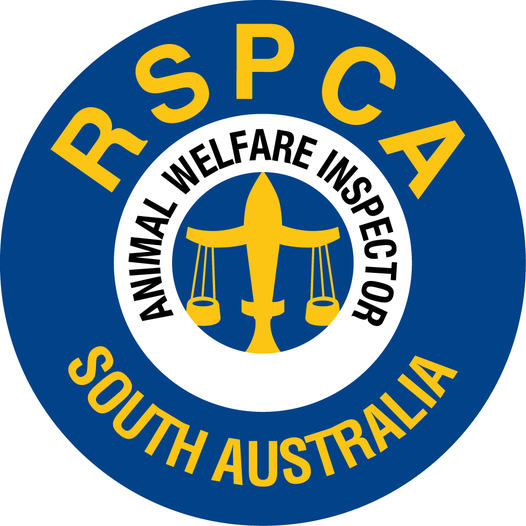
Recent cruelty and abuse incidents reinforce need for independent regulator
RSPCA South Australia has received independent legal advice that video footage taken covertly by unknown persons at a greyhound training property in Lewiston would likely be deemed as inadmissible for any criminal proceedings, due to the footage being obtained in contravention of SA’s Surveillance Devices Act 2016.
The footage shows two men using live rabbits as lures to train greyhounds. RSPCA SA has obtained evidence confirming the identity of one of the persons in the footage as licenced greyhound trainer Troy Murray. The suspect has not made any admissions to RSPCA SA related to his use of live animals for baiting.
The footage was purportedly taken on 6 July 2022 and provided to Greyhound Racing SA on 23 August 2022 via an email from an unidentifiable account. GRSA contacted RSPCA SA later that day to notify them about the footage and provided the footage to RSPCA SA that same day.
An internal investigation by GRSA into breaches of the association’s Rules of Racing resulted in life bans being imposed on Troy Murray and his two sons. The bans, announced by GRSA on 19 June 2023, prohibit any participation in greyhound racing in any jurisdiction in Australia and New Zealand. In addition, the two men and one juvenile were charged a total of $180K in fines.
GRSA successfully applied to the Supreme Court to enable the use of the footage for its internal disciplinary proceedings (see separate document, attached). The bar for admissibility of evidence for criminal proceedings is much higher. Due to concerns that the anonymously provided footage would be considered to be obtained unlawfully, the RSPCA SA sought additional independent legal advice. The advice is that the footage would likely be inadmissible in a criminal prosecution of the greyhound trainers because it was obtained improperly and/or unlawfully, in breach of SA’s Surveillance Devices Act 2016.
In a similar case in NSW (Kadir v The Queen, 2020), the High Court ruled secretly filmed footage of live baiting inadmissible and unable to be used as evidence in the prosecution of Zeke Ray Kadir and another greyhound trainer, Donna Grech. The NSW Office of the Director of Public Prosecutions (DPP) withdrew charges against Grech following the High Court decision.
Evidence in relation to one single charge, about a rabbit found tied to the lure arm on the day RSPCA NSW executed a search warrant, was admitted. A jury found Kadir guilty on 16 October 2020. He was convicted and on 16 December 2020 he received a sentence of two years, three months imprisonment, to be served in the community by way of an Intensive Corrections Order,3 and prohibited from attending any premises where greyhounds are ordinarily raced. Kadir was also required to perform 300 hours of community service work. An application for an order prohibiting him from owning any animals was rejected.
In the SA case, any prosecution for an offence under the state’s Animal Welfare Act was entirely dependent for evidence on the video footage depicting live baiting. In addition to the footage being obtained improperly and unlawfully under the Surveillance Devices Act, its provenance is unknown which would have allowed for a further avenue to have the material excluded from any consideration during any trial.
The law of provenance dictates that evidence and documents should be carefully documented, tracked, and stored from the moment they are collected or generated. This helps prevent tampering, loss, or contamination, and ensures that the evidence can be properly authenticated and accepted as reliable in legal proceedings. The law of provenance underscores the significance of establishing a documented history of ownership, custody, and handling to ensure authenticity, credibility, and legal legitimacy in various contexts so that they may be scrutinised by all parties in a legal proceeding.
RSPCA SA has made several unsuccessful attempts to obtain the co-operation of the anonymous person who took the footage, but they have not responded to any of the organisation’s requests. Should further evidence come to light in relation to this case that is deemed legally admissible and sufficient to support a criminal prosecution, RSPCA SA will not hesitate to proceed.
RSPCA SA is keen to support the State Government’s independent inquiry into SA’s greyhound racing industry, due to report on 30 November 2023, and is currently preparing a submission.
“The loud and clear message from what has occurred here and in other states is that self-regulation of greyhound racing does not work,” said RSPCA SA Head of Animal Welfare Andrea Lewis.
“There needs to be formal and complete separation of the integrity and regulatory functions from the commercial functions.
“We hope one of the report’s key recommendations will be independent, well-resourced oversight and regulation, as now exists in the state with the biggest greyhound racing industry, NSW.”






